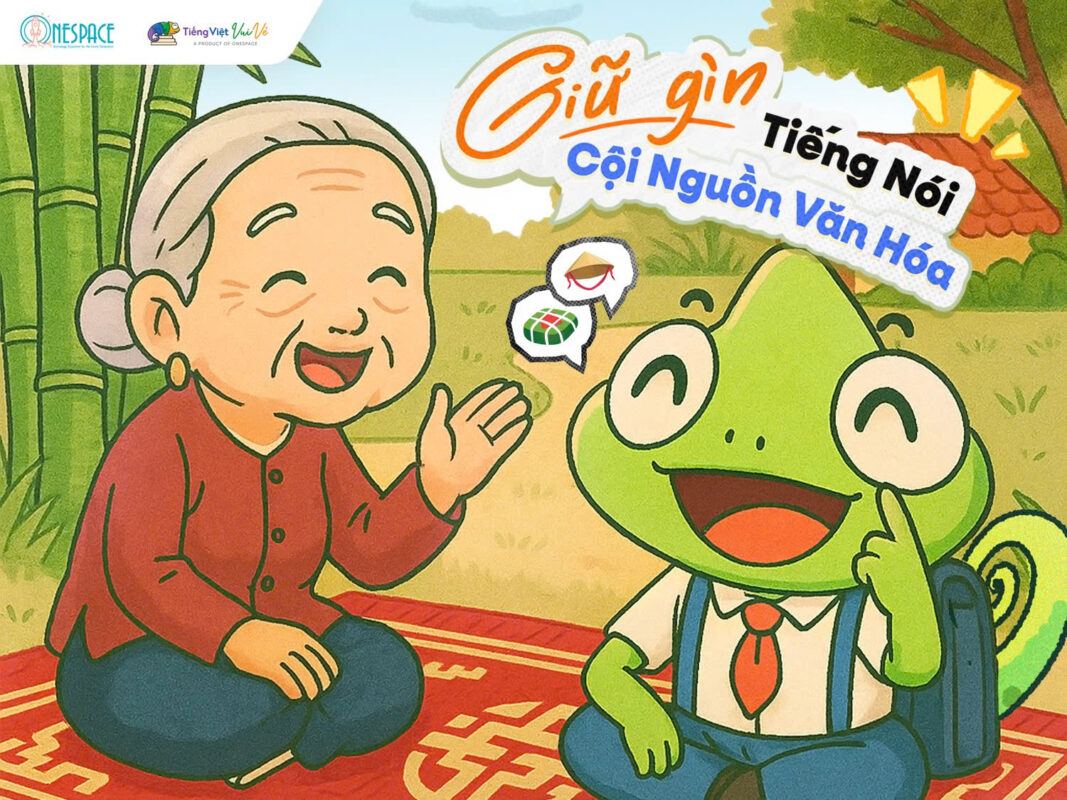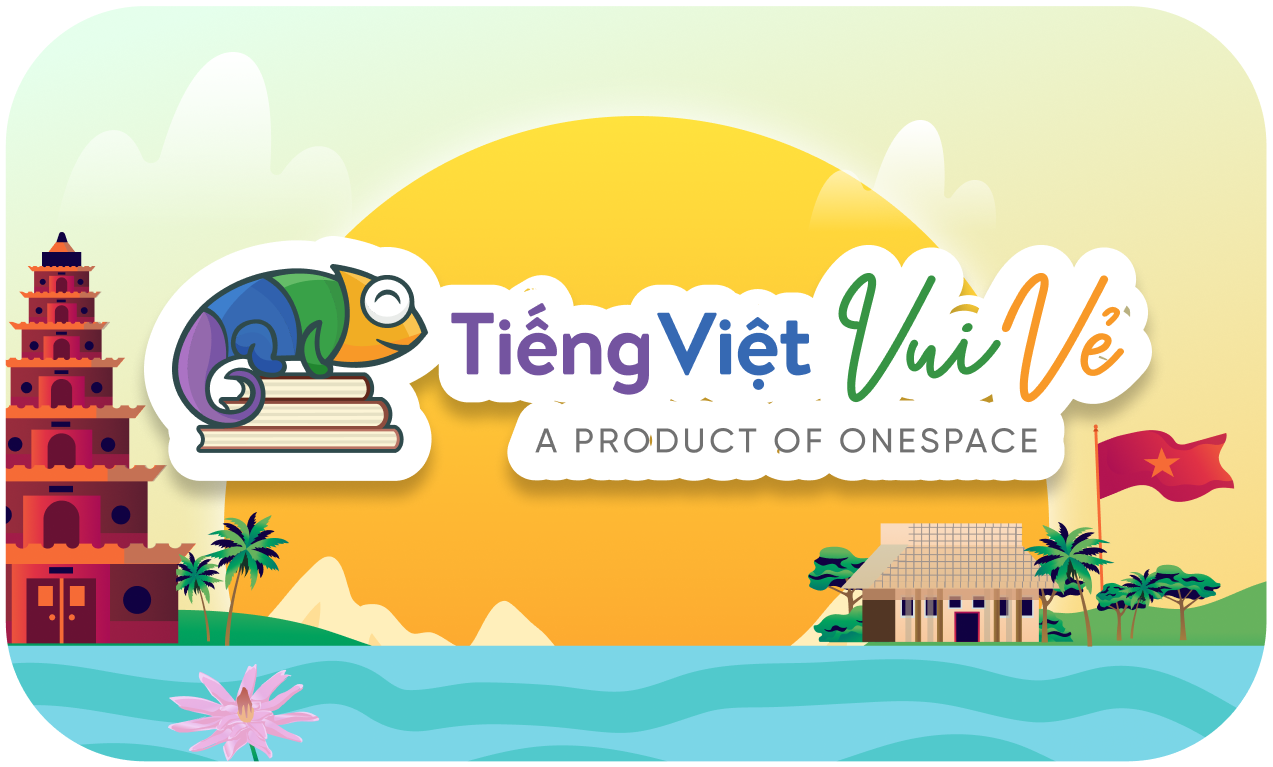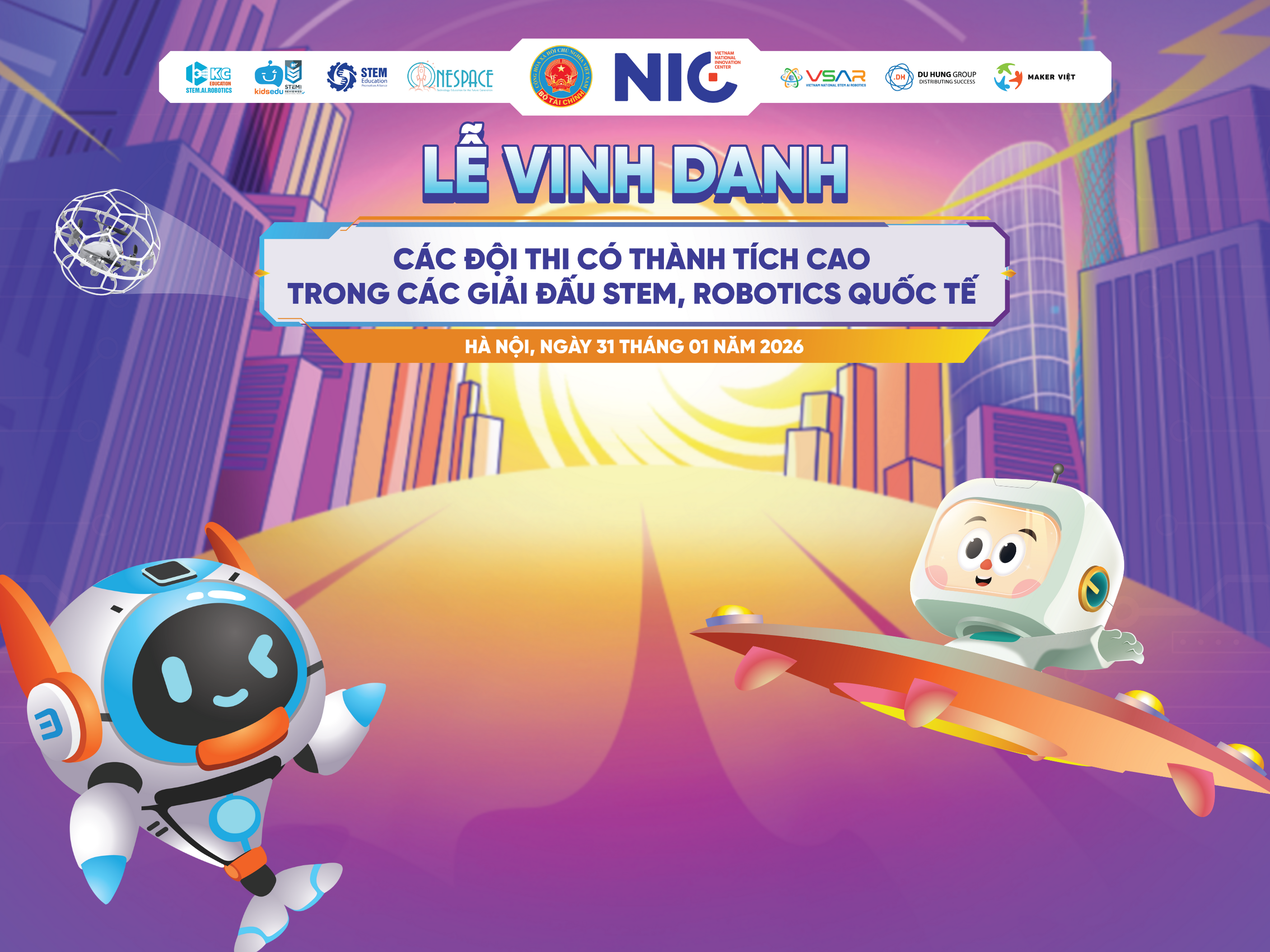Language is not only a means of communication, but also a vessel that preserves the memories, emotions, and identity of a nation. For Vietnamese people, the mother tongue is a sacred bond that connects today’s generations with the heritage of their ancestors.
Language – The Eternal Bond
Since the dawn of humankind, language has existed as a bridge of connection, enabling people to share thoughts, preserve knowledge, and pass down precious values through generations. Thanks to language, folktales, customs, lullabies, and traditional songs have been preserved as the priceless spiritual treasures of every nation.
For Vietnamese people, the mother tongue is not just a tool for communication, but the soul of culture, carrying within it history, identity, and national pride.
How Was the Origin of Vietnamese Identified?
Vietnamese is classified as part of the Austroasiatic language family, specifically in the Mon–Khmer branch. More precisely, it belongs to the Viet–Muong group, sharing its roots with the Muong language still spoken by the Muong ethnic community in Hoa Binh, Thanh Hoa, and other regions.
Researchers believe that since the early days of nation-building, Vietnamese developed from the language of the native inhabitants of the Red River Delta. Over time, it absorbed and adapted influences from other languages:
- Chinese: contributed a rich layer of Sino-Vietnamese vocabulary, especially in administration, philosophy, and literature.
- French: during the colonial period, added many terms in science, technology, culture, and daily life.
- English and other modern languages: increasingly influential today in the era of globalization.
A unique feature of Vietnamese is its flexibility and adaptability. From being only a spoken language, it gradually developed its own writing systems:
- At first, Chinese characters were used, followed by Nom script – an adaptation created by the Vietnamese from Chinese characters.
- In the 17th century, Western missionaries created the Quốc Ngữ script based on the Latin alphabet. By the early 20th century, Quốc Ngữ gradually replaced Nom and became the official writing system of the nation.
Today, Vietnamese both preserves traditional values and continually adapts to modern life, becoming a source of pride and a true “cultural identity card” for Vietnamese people around the world.
The Younger Overseas Vietnamese Generation and the Mother Tongue
In today’s globalized world, many Vietnamese children grow up abroad, fluent in foreign languages yet drifting away from their mother tongue. The familiar sounds of “ông bà” (grandparents), “cha mẹ” (parents), or the tender lullabies once sung at bedtime can become distant.
And yet, every letter and every sentence spoken in Vietnamese is a key that unlocks the door to one’s roots. When children can speak Vietnamese, they understand that they are descendants of the Dragon and the Fairy, feel the warmth of family bonds, and take pride in their heritage.
Learning Vietnamese – Preserving the Soul of Culture
Learning Vietnamese is not only about speaking with grandparents and parents. It also gives children the chance to:
- Read fairy tales that have nurtured generations of childhoods.
- Sing folk songs and rhymes that reflect the soul of the homeland.
- Understand proverbs and idioms filled with simple yet profound life lessons.
- Appreciate rituals and traditions such as Tet, ancestor worship, and other customs that form the essence of Vietnamese culture.
Every Vietnamese lesson is more than just a language class; it is a journey back to the homeland within the child’s heart. No matter where they live, children can carry Vietnamese identity proudly in their hearts.
Tiếng Việt Vui Vẻ – Planting the Seeds of Love Today
At Tắc Kè, we believe that by nurturing the Vietnamese language today, we are cultivating a generation that treasures its roots, confidently steps into the world, and proudly carries the spirit of Vietnam. Vietnamese children can stand shoulder to shoulder with peers across the globe, while never forgetting that they are Vietnamese.
Preserving language means preserving heritage. Every smile, every word spoken in Vietnamese by a child is a beautiful testament to their connection with homeland and culture.
So why wait any longer? Give your child the chance to learn, to play, and to fall in love with their mother tongue today!
👉 Register now for our FREE VIETNAMESE LESSONS here














